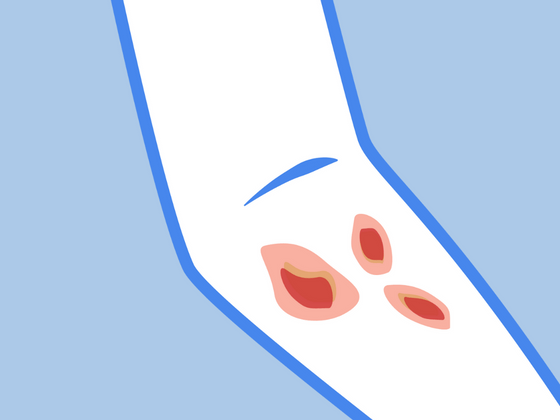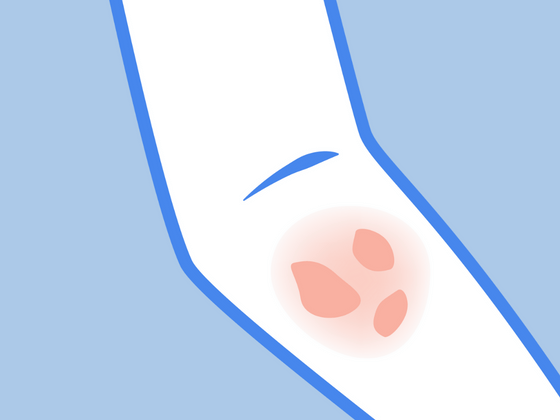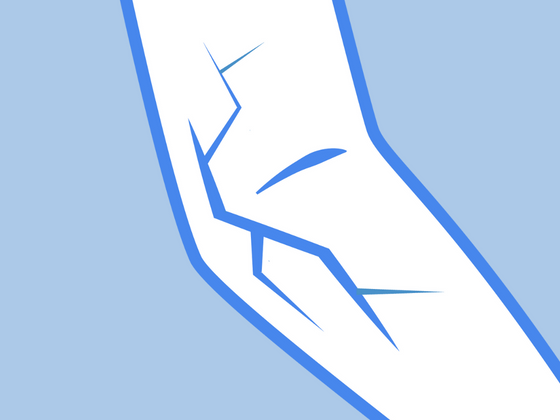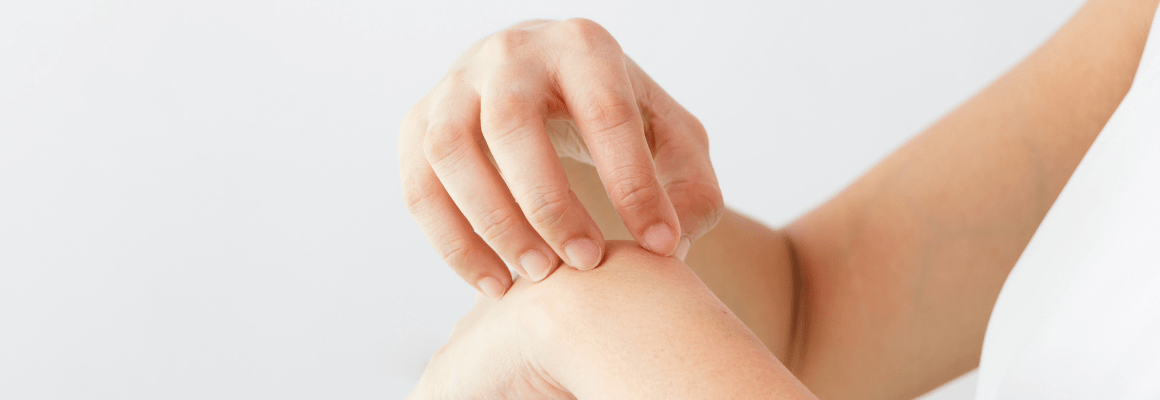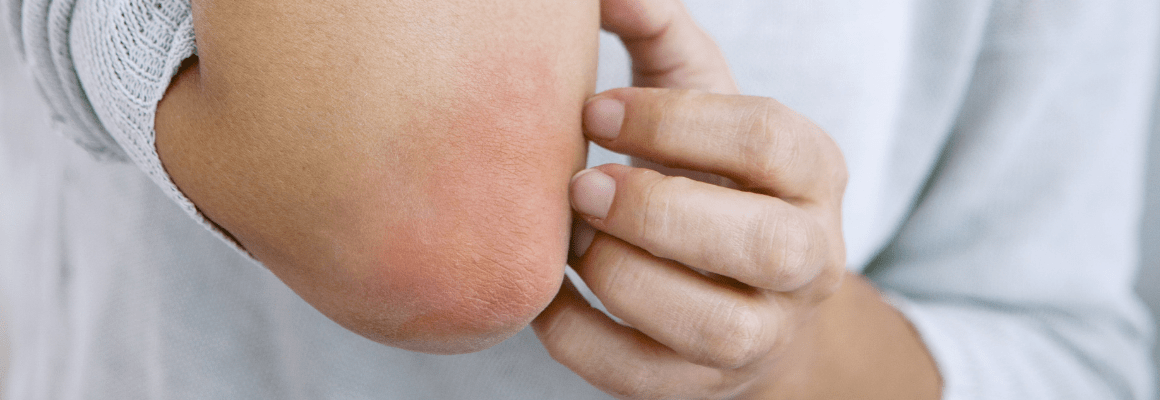Hand eczema is among the most distressing because you are constantly using your hands, and they are regularly exposed to irritants. Also, bad eczema on the hands can be pretty embarrassing as it's so visible.
Knowing how to cure eczema on your hands is paramount to preventing infection and controlling your symptoms.
How to Treat Eczema on Hands
Wash Eczema on Hands Properly
Hand eczema and dyshidrotic eczema with itchy blisters or weeping skin can be exacerbated by improper hand washing, so altering your routine ensures clean hands and prevents skin infections without discomfort. Use warm water, never hot, and rinse with water instead of bringing soap into the mix when possible. When using soap, stick to the simplest soap possible, such as a grass-fed tallow soap or other all-natural eczema soap. Do not be afraid to try different options to see which are best for you when learning how to treat hand eczema.
Once your hands are clean, gently pat them dry gently with a soft cloth - do not rub. While your hands are slightly damp, immediately apply an effective natural eczema cream to restore the hydration that is stripped away during washing to prevent developing hand eczema.
Identify & Avoid Known Irritants
With eczema on hands, irritants vary from person to person and can contribute to allergic contact dermatitis (also known as irritant contact dermatitis) caused by a nickel allergy. While others are unable to handle foods that contain gluten, and the reaction can manifest as eczema. Finding your triggers and irritants can take some time, and you must be diligent, but this is an essential step to treat eczema on your hands and most other locations on your body. First, consider an elimination diet to see if any foods trigger your symptoms. You may not suffer from a food-induced allergic reaction, but food can still lead to eczema. Specifically, look to eliminate gluten, dairy, and eggs since these tend to most frequently cause allergic reactions but also commonly trigger eczema for many people.
When considering hand eczema treatment, you must evaluate the products you use regularly to see which might be causing irritated, itchy skin. Consider swapping your cleaning and hygiene products for those that are all-natural. What is essential is that the products are free from artificial fragrances and colors since such ingredients are a trigger for several people with eczema on their hands. Consider moving to a natural laundry detergent for eczema as well.
Moisturize Hand Eczema Effectively
Moisturizing regularly and with a high-quality product is imperative to reduce itching, dryness, inflamed skin, and related hand eczema symptoms. Ideally, the best cream or lotion for hand eczema and sensitive skin will be one with the fewest ingredients possible since the chemicals in commercial products are often a common trigger for eczema. One great example of an excellent natural eczema cream is the Organic Manuka Skin Soothing Cream. This product provides effective hydration with six simple ingredients. It is gentle and will not cause discomfort when applied, even with cracked skin. Treating eczema on knuckles or fingers with a natural cream is a significant step in the right direction, but consider our next tip on gloves for even more relief.
Protect with the Right Gloves
The most effective way to protect against eczema on hands is to cover them with the right gloves. This inhibits irritants from coming into contact with the skin on your hands, prevents scratching, allows for faster healing, and keeps hydration in place. Now, the right gloves are essential. You want protective but breathable and soft gloves, such as cotton or bamboo gloves, made from 100 percent natural materials. They should also be thin and stretchy so that they are comfortable. Avoid hot fabrics, like synthetics, and materials that commonly trigger reactions, like latex gloves.
For Kids
Gloves are ideal for people of all ages, but especially children, since it stops them from scratching their hands. Not scratching hand eczema is critical because when you do scratch, it increases the risk of infection and can aggravate the symptoms. These Remedywear Kids gloves for eczema in TENCEL and zinc are soft and offer excellent protection over standard cotton gloves.
Also, consider mittens like the Scratch Sleeves with Scratch Mittens. They cannot just pull these off, so they stay in place to protect their hands from scratching. They come in pajamas as well.
For Adults
These Remdywear Adult Gloves for Psoriasis and Eczema are ideal for protecting fragile skin from scratching and irritants. The fabric contains TENCEL and zinc, and one study [1] showed how this blend significantly improved atopic dermatitis symptoms in patients.
Some people may simply prefer cotton, which was the gold standard in fabric recommended for eczema for years. But times are changing; innovative materials like the TENCEL and zinc mentioned above have emerged and are worth trying. But if you still love cotton, check out these cotton gloves for adults.
No matter which gloves you choose, wear them overnight with a layer of moisturizer for an extra healing boost - this is called dry wrapping, and it works very well for eczema on hands.
Utilize Wet Dressings
When eczema on hands is severe, and the above steps aren't enough, try wet wrapping for quick results. To wet wrap, first soak your hand in warm water for 20 minutes. Then apply a balm or cream in an even layer on your hand eczema. Next, soak a glove in warm water and wring it out until damp. Next, cover your hands with a damp glove. Lastly, wear a dry glove to trap the moisture from the cream and the wet glove. Wet wrapping is best when done overnight since the moisture will be in place to penetrate your skin for an average of eight hours.
Another option is dry wrapping, and it's quite easy and effective!
Now that you know more about how to treat eczema on your hands, you can give your skin what it needs to be healthier and less likely to exhibit the uncomfortable and sometimes embarrassing symptoms of eczema.
For more information about how to heal eczema on your hands, check out How to Get Rid of Eczema Naturally for general tips that can apply to all eczema.
Resources
https://nationaleczema.org/eczema/types-of-eczema/hand-eczema/
https://www.aad.org/public/diseases/eczema/hand-eczema
http://www.bad.org.uk/shared/get-file.ashx?id=166&itemtype=document
References:
[1] Wiegand, 2013, Skin-protective effects of a zinc oxide-functionalized textile and its relevance for atopic dermatitis. Clin Cosmet Investig Dermatol; 6: 115–121. https://www.ncbi.nlm.nih.gov/pmc/articles/PMC3656...
------------------

Bio: Laura is a contributor and content developer for The Eczema Company. She is in no way a medical professional. Her comments, suggestions, and reflections are not intended to replace any medical advice. Always seek the help of a medical professional before undertaking any diet or lifestyle changes.

